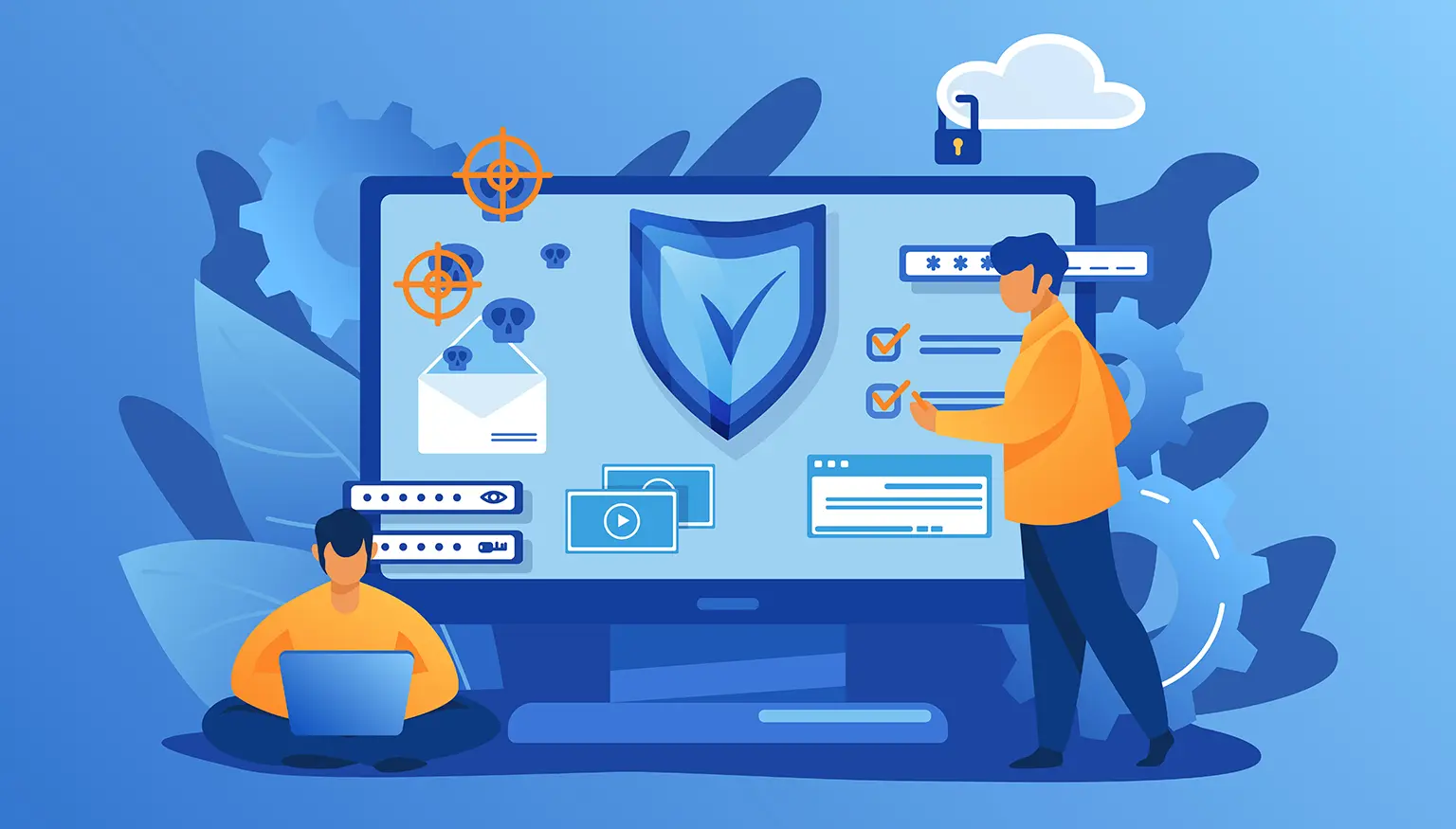Introduction
In an era of digital threats and cyberattacks, prioritizing the security of your website is non-negotiable. Whether you run a small blog or a large e-commerce site, the safety of your digital presence relies heavily on the hosting provider you choose. In this article, we’ll explore the importance of website security in hosting and provide insights into how you can keep your website safe and secure.
Understanding the Role of Hosting in Website Security
Your hosting provider plays a pivotal role in safeguarding your website. The server infrastructure, security protocols, and support they offer directly impact your website’s vulnerability to threats. Here are some key considerations when it comes to security-first hosting:
Server Security
A reputable hosting provider should maintain robust server security. This includes measures like firewalls, intrusion detection systems, and regular security audits to protect your website and data from external threats.
SSL Certificates
SSL (Secure Sockets Layer) certificates are essential for encrypting data transfer between your website and its visitors. Hosting providers should offer options for obtaining and installing SSL certificates to secure your website’s connections.
Regular Backups
A reliable hosting provider should offer automated and regular backups of your website data. In case of a security breach or data loss, backups are a lifeline for restoring your website to its previous state.
Software Updates
Outdated software is a common vulnerability. Hosting providers should support regular updates for server software and offer tools or guidance for keeping your website’s applications, plugins, and themes up to date.
DDoS Protection
Distributed Denial of Service (DDoS) attacks can overwhelm your website with traffic, causing downtime. Hosting providers should have DDoS protection mechanisms in place to mitigate these attacks.
Security Practices for Website Owners
While your hosting provider’s security measures are crucial, there are actions you can take as a website owner to bolster your website’s security:
Strong Passwords
Use complex, unique passwords for your website, hosting account, and databases. Consider using a password manager to keep them secure.
Regular Backups
Even with hosting provider backups, it’s a good practice to maintain your backups. Store them in a secure location and test the restoration process.
Monitor for Suspicious Activity
Regularly monitor your website for suspicious activity, such as unauthorized logins or changes to your website’s files.
Keep Software Updated
Regularly update your website’s content management system (e.g., WordPress), themes, and plugins. Outdated software is a common entry point for hackers.
Use Security Plugins
Consider using security plugins or services to add an extra layer of protection to your website. These can include firewall, malware scanning, and login attempt monitoring.
Educate Your Team
If you have a team managing your website, educate them about best practices for security. Human error can also be a security risk.
The GEAMUS Approach to Security-First Hosting
At GEAMUS, we understand the critical role of hosting in website security. We offer hosting services that prioritize the safety and integrity of your website. Our hosting solutions include robust server security, SSL certificates, regular backups, and more, ensuring that your website is in safe hands.
Ready to make security a top priority for your website? Contact GEAMUS to explore our secure hosting options and fortify your digital presence.
Conclusion
Website security is a shared responsibility between website owners and their hosting providers. Choosing a hosting service that prioritizes security and adopting best practices for website security can significantly reduce the risk of cyber threats. By keeping security first, you can protect your website and its visitors from potential harm.

